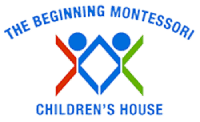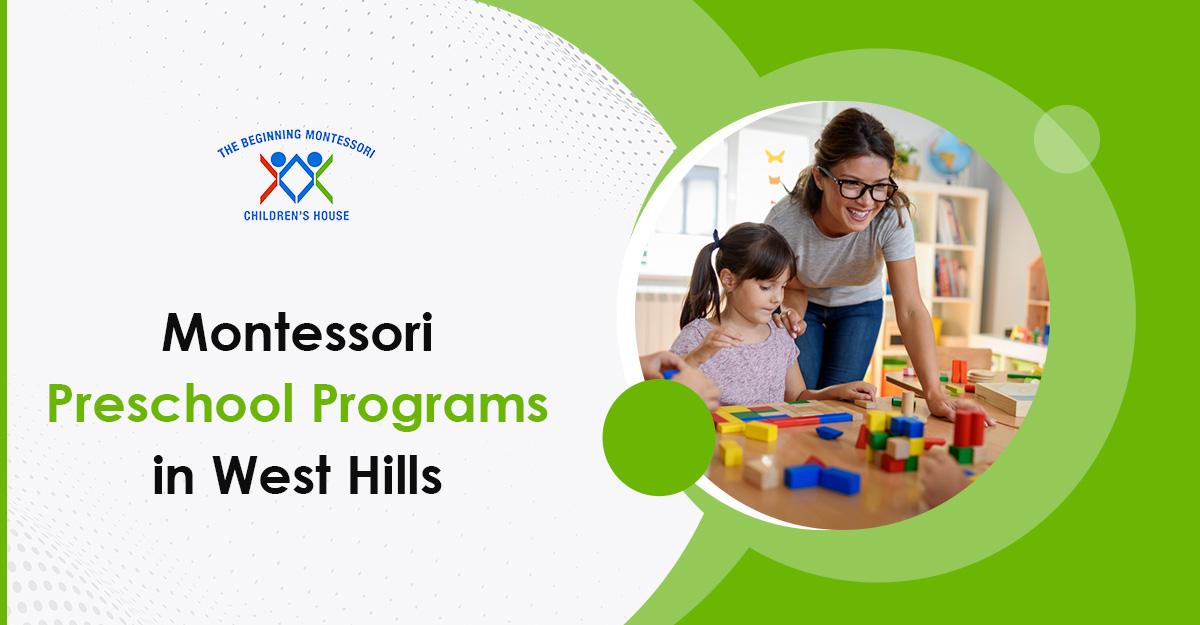Introduction:
Montessori preschool programs have gained immense popularity in recent years due to their unique approach to early childhood education. Developed by Dr. Maria Montessori, an Italian physician, and educator, the Montessori method focuses on fostering independence, self-discipline, and a love for learning in young children. In this comprehensive guide, we will explore the key principles and benefits of Montessori preschool programs, providing you with valuable insights into this innovative educational approach.
Understanding the Montessori Philosophy:
The Montessori philosophy is rooted in the belief that every child is naturally curious and possesses an innate desire to learn. The method emphasizes the importance of creating an environment that supports individualized learning, self-discovery, and hands-on experiences. We delve into the fundamental principles of the Montessori approach, including mixed-age classrooms, uninterrupted work periods, and the use of specially designed Montessori materials.
The Role of Teachers in Montessori Preschool Programs:
Unlike traditional educational settings, Montessori teachers take on the role of guides or facilitators rather than strict instructors. They observe and assess each child’s unique needs and interests, providing personalized guidance and support. We explore the qualities and training required to become a Montessori teacher, highlighting the significant impact they have on a child’s development.
Creating a Prepared Environment:
The physical environment plays a crucial role in a Montessori preschool program. The classroom is carefully organized to encourage exploration, independence, and order. We discuss the importance of child-sized furniture, accessible materials, and the concept of “freedom within limits” that allows children to make choices within a structured framework.
Montessori Curriculum and Learning Areas:
The Montessori curriculum covers various learning areas, including practical life, sensorial activities, language development, mathematics, cultural studies, and the arts. We delve into each area, outlining the specific activities and materials used to promote skill development and stimulate cognitive growth.
Benefits of Montessori Preschool Programs:
Research has shown numerous benefits associated with Montessori preschool programs. We discuss how the method fosters a love for learning, enhances social and emotional development, promotes critical thinking skills, and prepares children for future academic success. Additionally, we address common misconceptions and provide evidence-based insights into the long-term advantages of a Montessori education.
Montessori at Home: Extending the Approach Beyond the Classroom:
Parents can incorporate Montessori principles into their homes to support their child’s learning and growth. We provide practical tips and ideas on creating a Montessori-inspired environment at home, fostering independence, and implementing the method’s principles into daily routines.
Conclusion:
Montessori preschool programs offer a holistic and child-centered approach to early childhood education. By embracing the Montessori philosophy and principles, children develop a strong foundation for lifelong learning, independence, and self-confidence. If you are seeking an educational method that values individuality and promotes a love for learning, exploring Montessori preschool programs could be the ideal choice for your child’s educational journey.


